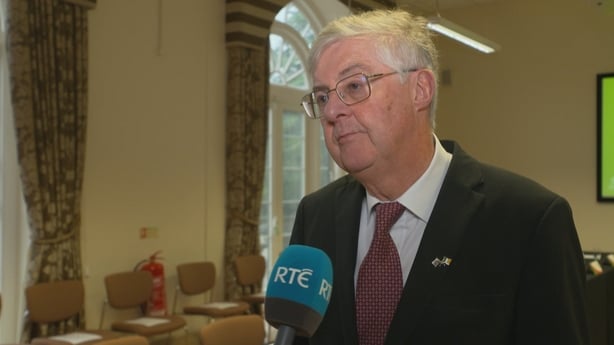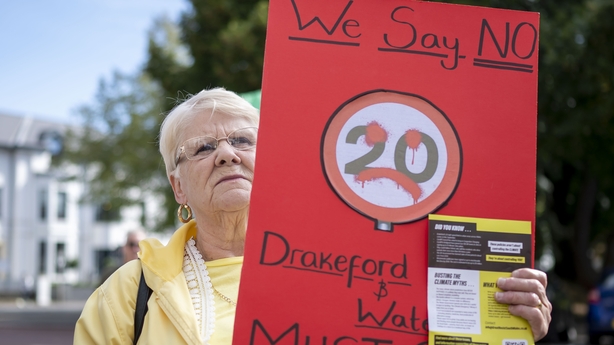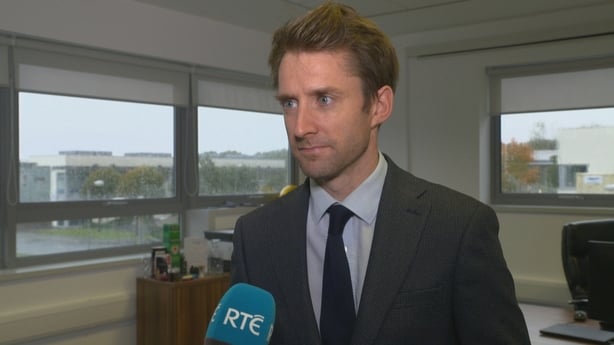There are reports that the Irish Government is planning to extend the 30 kilometre per hour speed limit as a way of tackling the recent spike in road deaths.
It already applies to residential roads in Dublin.
In Wales, the government has introduced an equivalent limit of 20 miles per hour across the whole country, including rural areas.
It applies to 'restricted roads' or roads in residential areas where there are pedestrians.
Motorists are advised that if they see streetlights, then they are in a 20mph area.
Local authorities have the power to raise the limit to the previous default of 30mph (equivalent to 50km/h) if the road is considered unsuitable for a lower speed.
However, the change introduced on 17 September provoked a serious backlash.

Voters in Wales can petition to have legislation debated in the Senedd, the Welsh parliament, and so far it has gathered over 460,000 signatures out of a total population of 3.1 million people.
An early opinion poll found that 61% of people opposed the move.
On the streets of Bethesda, a village in north Wales, a woman collecting a child from school says she welcomes the limit and believes that opposition will die down after a while. A local garage owner says more people are ignoring the speed limit than obeying it.
In the nearby town of Abergele, motorists are more emphatically against it.
Most claim it has slowed down traffic. A delivery driver says he cannot get his route completed in time, while others complain of getting stuck in lines of traffic.

However, First Minister of Wales Mark Drakeford and leader of the Welsh Labour party - who has received threats over the new law - says it will not be rescinded.
He says the lower speed limit is expected to save up to 100 lives over the next ten years, and prevent 10,000 crashes.
Mr Drakeford said evidence from pilot projects showed that length of an average journey increased by between 43 and 60 seconds.
"It doesn't seem to be a huge price to pay for knowing what you are doing is making such a difference in the lives of other people".
Opposition to the new law in Wales is being spearheaded by Welsh Conservatives.
Sam Rowlands, a Conservative member of Senedd, wants it repealed.

He said the fire service has said it will be slower responding to emergencies because volunteer or retained firefighters will take longer to get to stations, bus companies say they may have to cancel routes and it will cost the economy £4.5 billion.
Mr Rowlands said his party would support the limit on busy residential streets and outside schools or hospitals, but not a blanket change on all 30mph roads.
The Welsh government says it is not expecting a rise in speeding prosecutions as police will be focusing on speaking with drivers about the new law.
However, a report on initial impacts found that average speeds on the roads during daylight hours had reduced by 2.9mph.
The Welsh government says while the limits can be 'fine tuned' after six months on particular roads there will not be any going back.
The petition can only force a debate next Spring. There is no onus on the government to change the law.







